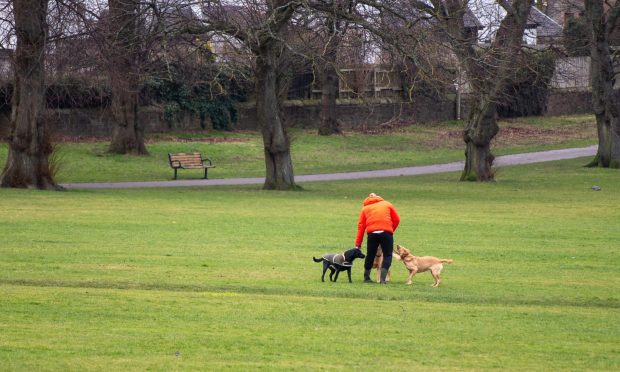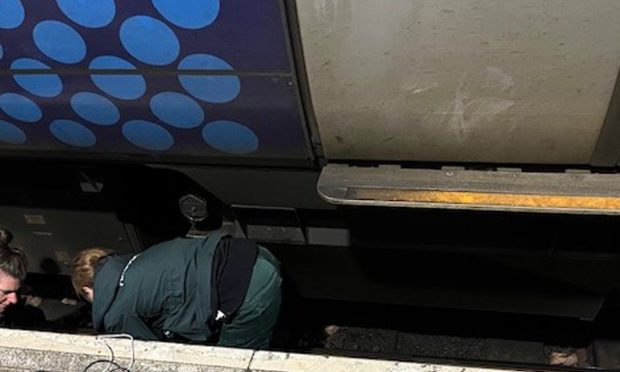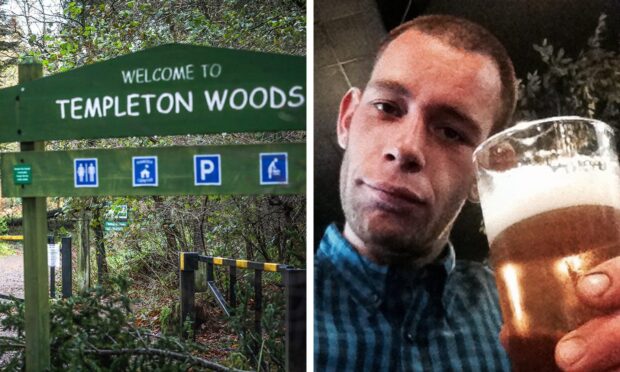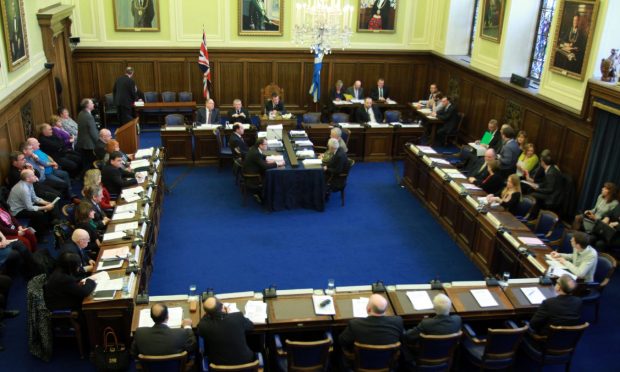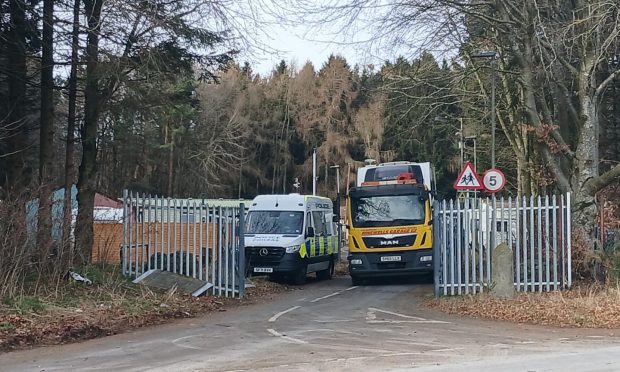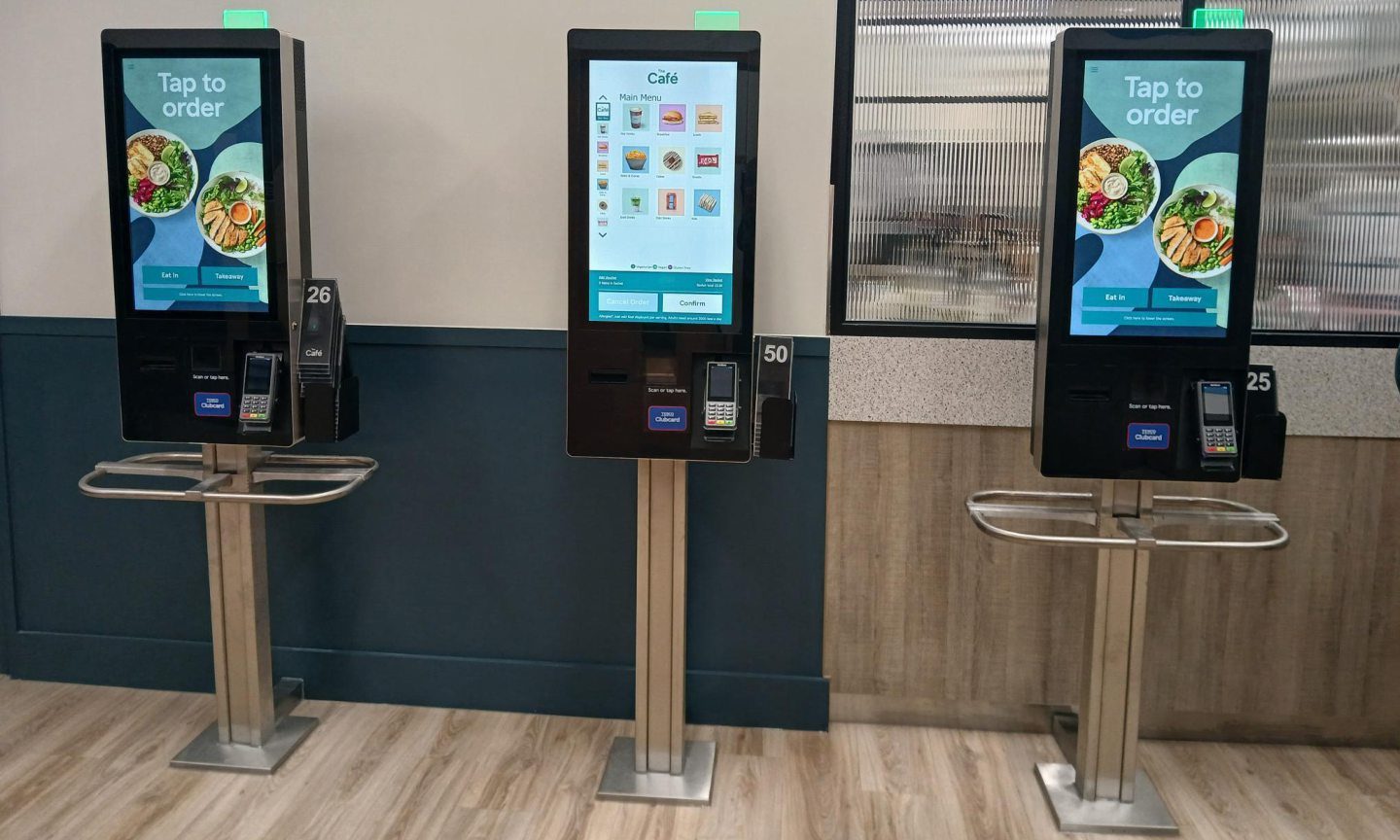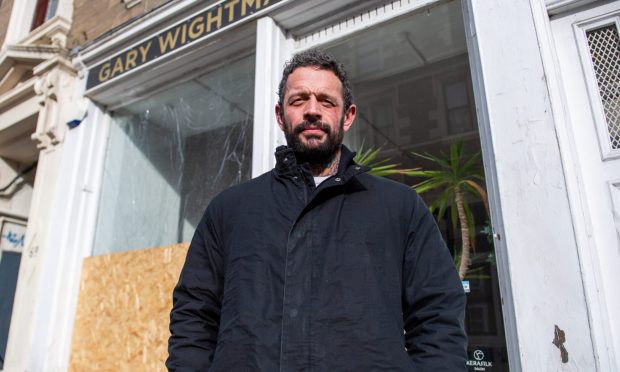Dundee has become a ‘credit desert’ with people struggling to access affordable borrowing, according to a personal finance report.
The city is one of a number of areas in the UK with a similar problem including Liverpool, Rochdale, Blackpool, Sunderland, Swansea, Merthyr Tydfil and Caerphilly among others.
‘Credit deserts’ are places where there is a need for borrowing, along with high concentrations of high-cost lenders and households with low average credit scores.
While many credit deserts have bank branches, building societies and credit unions, some residents may struggle to access their services due to their credit history.
Sacha Hilhorst, senior researcher at Demos, a financial think-tank who prepared the report, said: “For those with good credit scores and low need, it’s easy not to think about credit too much.
“But for millions of people, credit is a regular source of worry.
“With little savings and very limited access to affordable credit, something as ordinary as a fridge breaking down can send you into a financial tailspin.”
The report explained that while low-income areas are more likely to be defined as credit deserts, this was not the only factor – as households in some low-income areas have their finances bolstered by high levels of home ownership.
Some middle-income areas can also have extremely low credit scores, due to factors such as high student populations with thin credit files or high levels of employment instability which could make it harder to borrow.
Alan Cowan, general manager at Discovery Credit Union, said that in Dundee there was a growing problem of people who are in work but unable to meet their monthly expenses.
He added: “The Scottish Government has classified people who have a regular shortfall of £400 a month as financially excluded.
“In response to that we offer loans to plug the gap and we’ve had a big uptake.
“It is not just people benefits anymore, it’s people with jobs who are experiencing a shortfall. That’s the biggest group of people now defaulting on their payments.
“They are going online to find solutions and coming across payday lenders.
“With regards to the ‘credit desert’, you have regular banks who are not lending to people they previously lent to because their income is no longer in line with their outgoings.”

